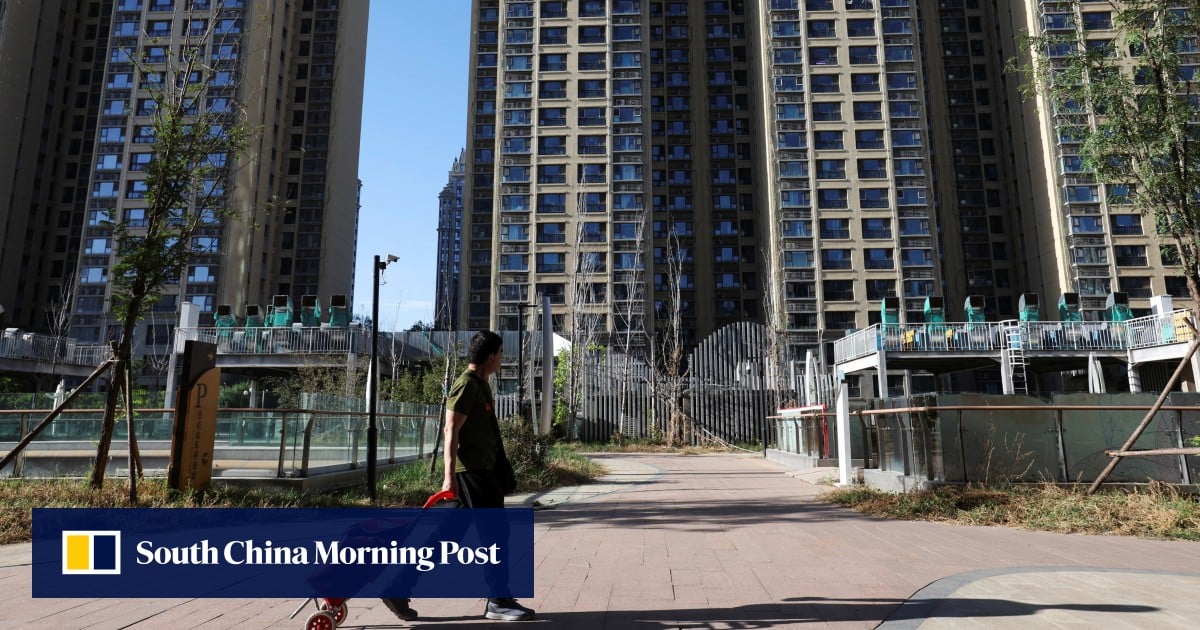
29 Jan Why Evergrande’s Hong Kong liquidation order is just the start of an uphill battle for its offshore creditors
“The court has sent a strong message to financially stressed companies about the importance of developing a concrete restructuring plan,” said Jonathan Leitch, a restructuring lawyer and partner in Hong Kong at Hogan Lovells.
“If a plan does not eventually emerge, the Hong Kong Court has shown it will exercise its discretion to wind up insolvent companies.”
But the road to liquidation will not be smooth, as the liquidators have a mountain of challenges on their hands, as they begin to work out how to wind down China’s largest developer.
The liquidators will need to first apply to the Hong Kong court for the issuance of a letter of request to mainland courts in Shanghai, Shenzhen and Xiamen under the pilot cooperation mechanism, which is known as the Mainland-Hong Kong Cooperation Mechanism.
Byron Phillips, partner at Hogan Lovells, said the ruling highlighted Hong Kong’s vital role as a superconnector between the mainland and the rest of the world, and further dispelled any myths advanced in some quarters regarding the independence or robustness of the Hong Kong judiciary.
Hong Kong High Court orders Evergrande Group to liquidate
Hong Kong High Court orders Evergrande Group to liquidate
Mutual recognition is vital to Hong Kong as an international financial centre because the city is one of the most preferred destinations for mainland companies seeking listings.
However, the level of help that the liquidators receive will be a litmus test for the mechanism, said Redmond Wong, chief China strategist at Saxo. “For overseas creditors, while there could be certain offshore assets that provide more readily available recovery, their focus will be on whether the liquidators will succeed in obtaining recognition and help from mainland courts to seize assets in China,” he added.
There is now a precedent for letters of request being issued to mainland courts in all three pilot areas. But the Evergrande case is the largest ever and offshore creditors are prepared to fight against onshore borrowers for the developer’s limited assets and liquidity.
“Onshore and offshore creditors will have to work out how to seize and recover the assets that are on the mainland,” Wong said.
Glen Ho, Deloitte’s deputy value creation and crisis group leader for financial advisory, was pessimistic about the recovery rate for offshore creditors, as onshore creditors have priority to all the assets that are located onshore.
“There is no sufficient liquidity and working capital, and good and quality assets to pay in full all onshore creditors” as there is no confidence among homebuyers amid sales decreases, Ho said. “These assets can’t be converted into cash, and valuations have decreased,” he added.
Hong Kong stocks gain on China support measures, Evergrande shocker curbs rally
Hong Kong stocks gain on China support measures, Evergrande shocker curbs rally
For shareholders of a listed company in Hong Kong, the likelihood of obtaining anything from the winding-up process is very low, Wong said.
Evergrande has more than 1,200 projects at different stages of progress, ranging from near completion to under construction, according to its 2022 annual report. Furthermore, the developer’s priority is to ensure homes under construction are delivered to buyers.
Moreover, despite the agreement, the mainland courts can refuse to recognise or assist Hong Kong liquidators in a number of ways, according to Hogan Lovells’ Leitch.
Evergrande’s Hengda unit sells stake in Shantou project for US$19.4 million
Evergrande’s Hengda unit sells stake in Shantou project for US$19.4 million
The mainland courts could deem that mainland creditors are being unfairly treated, or the recognition violates the basic principles of Chinese laws, or that any recognition will offend public order or good morals.
“The Chinese courts have reserved discretion to refuse recognition if they consider there are ‘other circumstances’ that do not warrant recognition,” Leitch said.
“How widely this discretion will be exercised is not really fully known, given the limited times the protocol has been invoked.”

